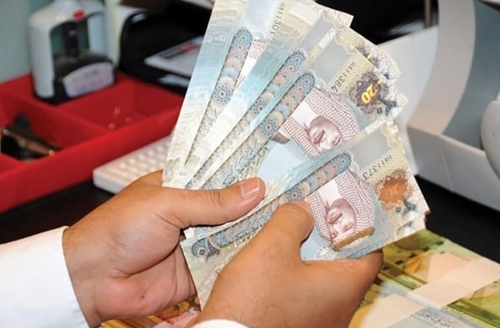Charitable Fundraising on the Rise in Bahrain
TDT | Manama
The Daily Tribune - www.newsofbahrain.com
A new statistic released by the Ministry of Social Development reveals a significant increase in the number of licenses granted to charitable associations, centres, foundations and private non-governmental organisations for fundraising within Bahrain. During the first four months of 2024, approximately 85 new permits were issued.
The ministry also reported issuing 24 licenses for receiving funds from abroad during the same period. Additionally, 75 licenses were granted to non-governmental organisations for sending funds overseas.
These figures indicate a substantial rise in the number of licenses issued for fundraising purposes. In 2022, a total of 178 licenses were granted, averaging 59 licenses every four months. However, the first four months of 2024 saw 85 organisations granted licenses, representing a 70% increase over two years.
Charitable organisations are permitted to collect funds through various methods outlined in the Law Regulating Fundraising for Public Purposes, including: charity markets, charity events, coupons, donation boxes authorised by the ministry, sporting events, online donations, email and text messages, and other methods approved by the ministry on a case-by-case basis.
To obtain a fundraising license, organisations must submit an application to the Ministry of Social Development. The ministry then reviews the application and grants licenses after assessing whether the purpose of the requested license aligns with the objectives of the non-governmental organisation as stated in its constitution.
This also includes verifying the legal status of the organisation and the legitimacy of its board of directors. The ministry also consults with relevant authorities based on Article 5 of Decree-Law 21 of 2013, which stipulates that the ministry must decide on the license application within 30 days of its submission.
Before making a decision, the ministry must consult with relevant government agencies regarding the purpose for which funds are being collected. The applicant is notified of the acceptance or rejection of the application, as are the relevant government agencies.
Failure to respond within the specified timeframe is considered an implicit rejection of the application. The decision on the application is made after fulfilling the aforementioned points.
Moreover, the Ministry of Social Development's published statistics show that it provided 328 consultations during the first quarter of 2024, including 143 legal consultations, 98 financial consultations, and 87 technical consultations.
Over a four-month period, 10 training courses were conducted, benefiting 221 non-governmental organisations and 378 participating members.
The number of visits and follow-ups to non-governmental organisations reached 20, along with 8 visits for institutional evaluation.
Related Posts

